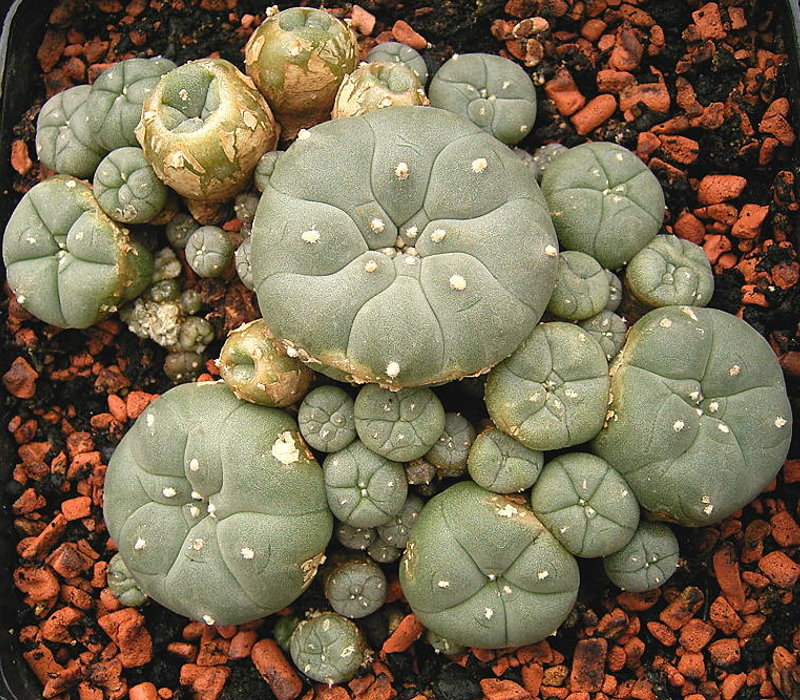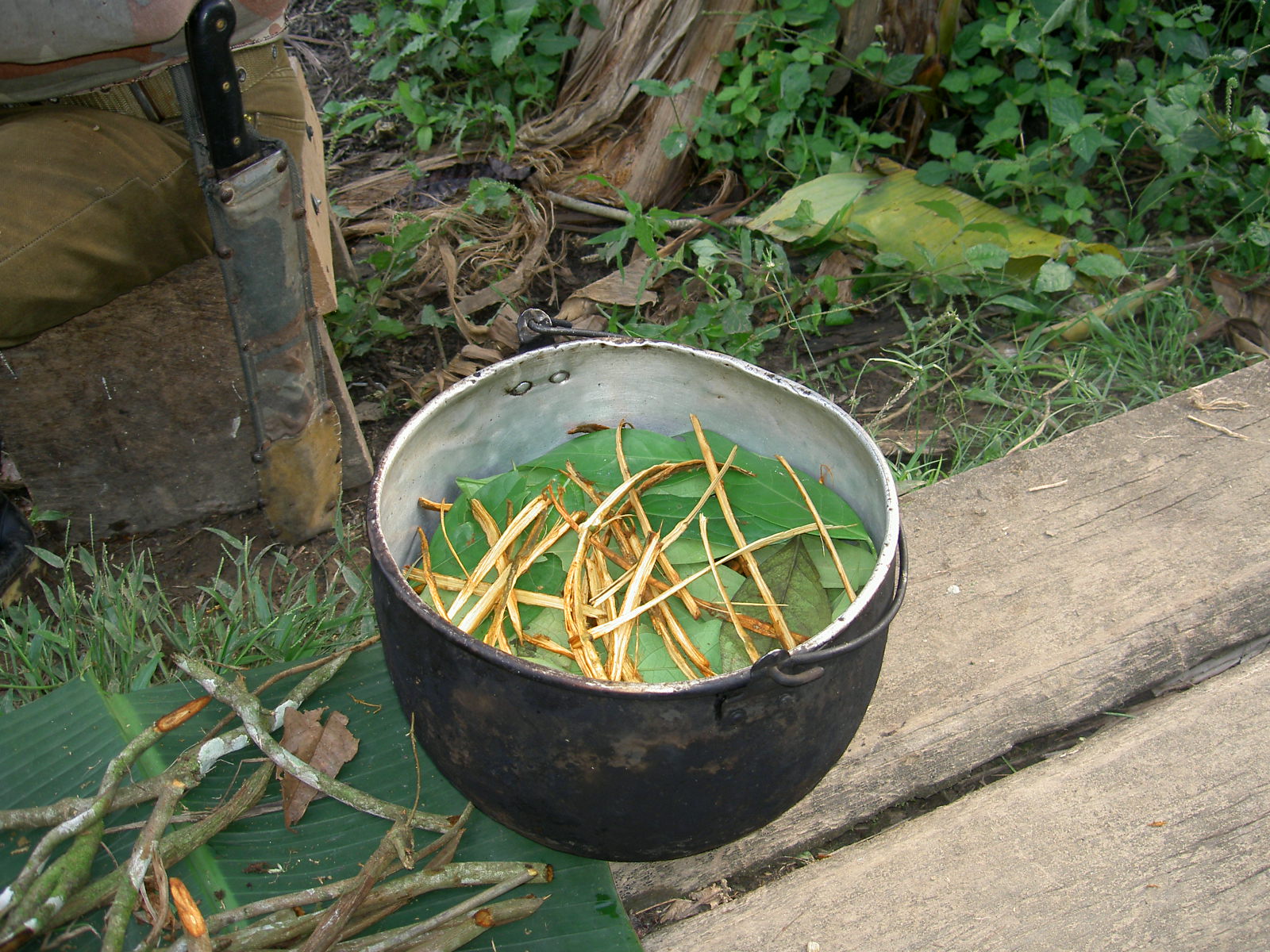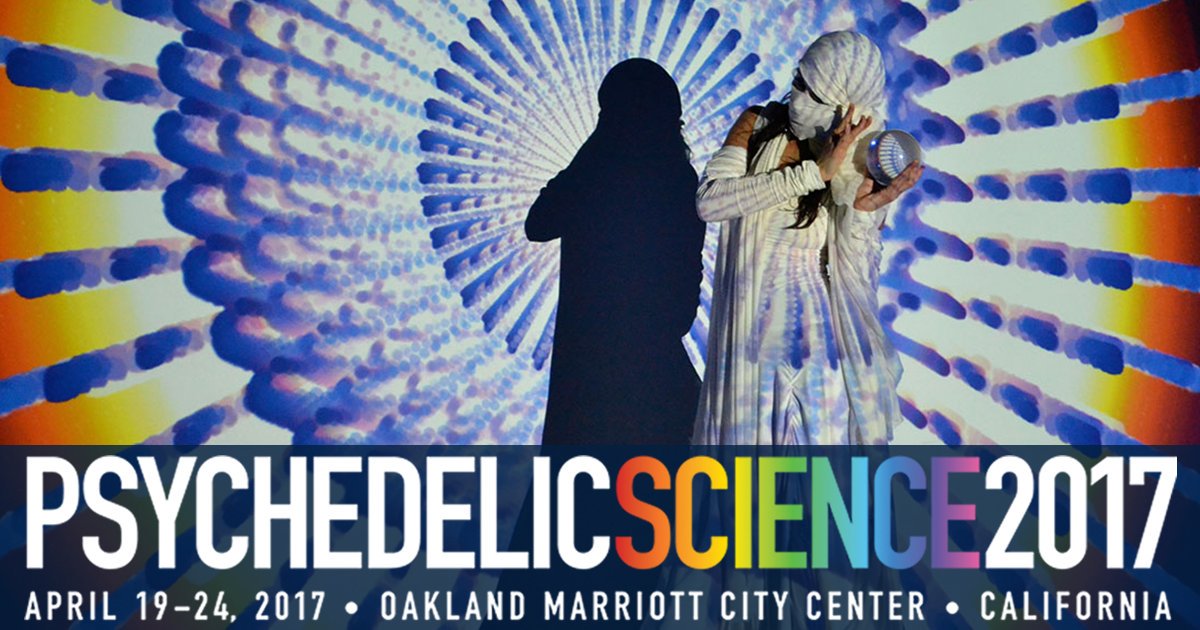The Psymposia Stage at Psychedelic Science 2017 was open to the public. Photo: Michael Garfield
The official program of the weekend-long
Psychedelic Science conference in Oakland, California, ended on a high note as researchers, creatives, and psychnauts celebrated a roundly successful program. Psychedelic Science 2017, which came four years after the last conference, introduced attendees to the most cutting-edge advances currently happening in science and shamanism around the globe.
We are, as field leaders continuously note, at the beginning of a psychedelic renaissance.
MAPS (the Multi-disciplinary Association of Psychedelic Studies), the main conference organizers along with the UK-based
Beckley Foundation, is deep into research on MDMA as a treatment for PTSD, and their extensive studies of afflicted veterans are about to enter Phase 3 trials, the final stop before
FDA approval in the United States.
As one might expect, conversations within this community were open, lively, and stimulating. Despite the conviviality of the whole thing, I kept circling around a particular, nagging question: Why weren't there more people of color in attendance?
The answer, as with all things relating to race, is
complicated.
Interest in psychedelics has been steadily on the uptick in the US and Europe throughout the last few decades, and more people than ever before are experiencing the incredible benefits that these substances can bestow. Patients enrolled in Johns Hopkins'
psilocybin studies, for instance, have reported long-term changes in issues ranging from lower depression and decreased rates of suicidal thoughts to a deep sense of peace, a
decrease in the fear of death, and a
greater sense of self and purpose in the world.
Although MDMA was the hot topic for much of the conference, another conference track, organized by Brazilian research Bia Labate, PhD, was devoted to
Plant Medicines. The term "plant medicine" refers to organic plant substance (though psilocybin, or "magic mushrooms," is often included in this category) that have for centuries been used by indigenous cultures around the world for their medicinal and shamanic, spiritual effects. In their native cultures, these plants, which include the Amazonian vine ayahuasca, the San Pedro cactus, peyote, and the Western Central African shrub Iboga, are revered as "plant teachers" that communities use for a variety of reasons, from personal healing to community building.
 Peyote. Source here.
Peyote. Source here.
The unavoidable reality, for better or worse, is that these substances, which many in our area have experience with, have become more widely known about, and more popular, with psychedelic explorers, artists, scientists, and therapists from traditional Western backgrounds that have little or no affiliation with the cultures from which they source these plants. Inevitably—and productively—questions are starting to arise around the
ethics of displacing plant medicines from their cultures for scientific, religious, and recreational use. Increased demand also means that discussions about conservation must be front and center if the psychedelic community wants to move forward in a responsible way. As
Sandor Iron Rope noted at a talk on Saturday, the time for action is now, and we may already be starting too late. He pointed out that the indigenous communities who have used peyote as part of a rich cultural tradition are now having trouble sourcing it. Other communities and their sacred plants are already facing, or will soon face, these issues.
The time has come to chart the ethical, responsible way forward when it comes to questions of conservation, appropriation, and accessibility in the psychedelic community. Despite the immediacy surrounding these issues, though, the vast program included only a handful of conversations around these topics. During a special pre-conference workshop on ayahuasca, I posed a question to
Dr. Gabor Maté, a renowned figure in addiction treatment who has been facilitating ayahuasca journeys to help with trauma and addiction, about the problem of getting this very helpful plant medicine to the people who need it most—addicts and victims of trauma and violence whose socioeconomic standing means it's often impossible for them to afford the cost of a days-long psychedelic retreat.
 Preparation of ayahuasca. Source: Terpsichore
Preparation of ayahuasca. Source: Terpsichore
His answer, which was echoed by many of the doctors and researchers using these substances in treatment:
"Yes, it's a problem, but I can't do anything about it."
Is that, then, the end of that? (Maté, it turns out, would be heavily
criticized for his answer to an indigenous woman in
his conference talk later in the weekend. Her question about cultural appropriation was dismissed by Mate as a deep wound that he could not fix. He has since
apologized.)
I left the workshop feeling inspired, but also deeply unsatisfied by the apparent unwillingness shared by leaders in the field when it came to accessibility. So I was excited to see that there was a discussion devoted to exactly these issues happening on Saturday in one of the Marriott's smaller conference rooms. The workshop-style community forum, led by UK-based
Camille Barton and US-based
Zoe Bender, was titled "White Allies and Anti-Racist Practice in the Psychedelic Community." It followed immediately on the heels of a panel focused on "Injustice and the Intersectionality of Trauma" in relation to psychedelics.
 Camille Barton. Source: Collective Liberation Project
Camille Barton. Source: Collective Liberation Project
Barton, who was born and raised in the UK but has lived in the Bay Area, founded the
Collective Liberation Project, an organization devoted to shifting attitudes and creating change by teaching people how to dismantle oppression on a personal and systemic level through compassionate workshops. Shortly after her return to the UK, the "Brexit" vote made headlines. "I returned very shortly after Brexit happened," says Barton, "and found this wave of xenophobia and racism on the rise again in many European countries. And I thought, 'Well, what strategies do we have to address this?'
Barton credits her time in the Bay Area, working in a restorative justice program, with the model that she created. "I came from a wealth of information, techniques, and healing modalities in the Bay," she notes, "and when I moved back to the UK I found nothing like that really existed. So it made sense to me to create a way to incorporate the knowledge I had and provide it to people, because I saw a lot of people, a lot of liberals particularly, really floundering and saying, 'This is really terrible, what can I do? I can't do anything' after Brexit.
"There is actually lots of stuff you
can do, but it starts with seeing yourself as part of this, and not separating yourself. It's not about saying, 'Oh, look at these bad people over here.' I want to ask, 'What society have we grown up in that has created the situation now flaring up? And how can I see myself as part of this? How can I create change in myself and also in my community?' It felt like there was a desperate need for this kind of work, and that's how it began."
The bridge to Psychedelic Science was built through Barton's work with the UK's
Psychedelic Society, which facilitates legal retreat weekends in Amsterdam. "The Psychedelic Experience weekends are where the overlap is," says Barton, "and I'm starting to be interested in how psychedelic experiences can potentially be used to facilitate positive social change or create an environment where people are more open, more emotionally available to go deeper into this work. Because I think oppression is deeply emotional, even though it's perceived by most people to be a logical rational thing. People might think, 'If we read enough books we'll be fine,' but oppression is so tied to the emotions."

While Barton hasn't fully connected these paths in her career, the long conference weekend was an opportunity to try her method out with the psychedelic community. Over the course of the approximately 90-minute workshop, participants worked in groups and individually, asking themselves and each other tough questions about race and identity. The resulting conversation was profound, and the importance of discussing inclusion and accessibility in the psychedelic community became clearer.
As Barton points out,
The psychedelic community mirrors the mainstream society we live in. So I don't think the psychedelic community is in any way worse or better than the general, shared culture we live in, which is deeply suffering from various forms of oppression in our institutions and in our everyday behavior, and from the historical legacies of what we've been through, not only in a U.S. context but in a European context. The particular issue with this community is that because of the consciousness-expanding that happens, there's a sense that we don't need to do any work on this, because we don't see color.
So there is a complete shutdown for many people in this community when it comes to actually doing the work, to seeing themselves as part of the conversation, and also to being aware of problematic things that are happening with scientific research, especially in relation to indigenous communities and knowledge production. It's really crucial that, as this psychedelic renaissance continues and grows, more of this awareness of oppression, politics, and intersectionality comes into the conversation. Because we're already reproducing the oppression we disdain in the outside world. We just don't know how to look at it yet.
Barton notes that these societal structures of oppression are reinforced, for example, through scientists' choices of study participants, for example. Outside of the studies happening now, there are broad problems with accessibility, and few scholarship systems exist for people unable to afford to take time off of work or to pay for childcare when they go to an overnight or weekend retreat.
Although Barton celebrates the work MAPS has done thus far to include more diverse voices at the conference, she's frank about the fact that there's a long way to go: "I want to acknowledge Natalie [Ginsberg] and Ismail [Ali] for pushing diversity on the agenda, because what little there is here at this conference, there is because of them, and they had to fight to get what was here here, so they're doing a great job."
She continues that "There's kind of a 'later on' dialogue that's happening at the conference and in the work right now, this idea that, 'Oh, well, we'll do that once we do the mass rollout; we'll do that down the line.' But this needs to happen now, because the research won't be as strong if it's not diverse, and communities of color need to be involved in this because we need a lot of healing. We are disproportionately affected by incarceration in this country and by mental health issues in the UK.
"With so much focus on PTSD, it seems absurd that there's not more of an attempt to bring in people of color, or to incorporate more indigenous voices into these spaces, or even to make the price of a ticket accessible to most people of color who live in the local area. So I think there's a huge number of things MAPS can do, and I really hope to see a lot more people and speakers of color here in the future."
While MAPS can feel like its own optimistic bubble world, Barton and others recognize the necessity of bringing the conversation back to local communities. "These things are never necessarily going to be simple and clear cut, because there's a fine line between making a space for people in a really restorative way and tokenism. That's just difficult in these conversations in general.
"But I think that just highlighting this and raising these facts in general is really powerful. Asking, 'Why are there not more people of color gaining from indigenous plant medicine?' 'How can we develop a sliding scale model so that a person who doesn't have the means to come because of economic disparity can?' We can ask people to reach out of familiar networks to see if there are people of color, LGBTQ folks, and people from marginalized communities who would benefit. And we can actively try to make space for and invite them in, rather than assuming that if they wanted to come, they'd be here already. Because it's not that simple."
But one of the most effective tools might also be the simplest to execute. "Just initiating the conversation is a great start," says Barton. And that's a piece of advice we can all take home.
* * *
Watch videos of the conference presentations at Psychedelic Science 2017 on YouTube here.
Camille Barton is the founder of the Collective Liberation Project and works with the UK Psychedelic Society. She is also a dancer, a clown, a filmmaker, and a visual artist. Find out more about her work at camillebarton.co.uk.